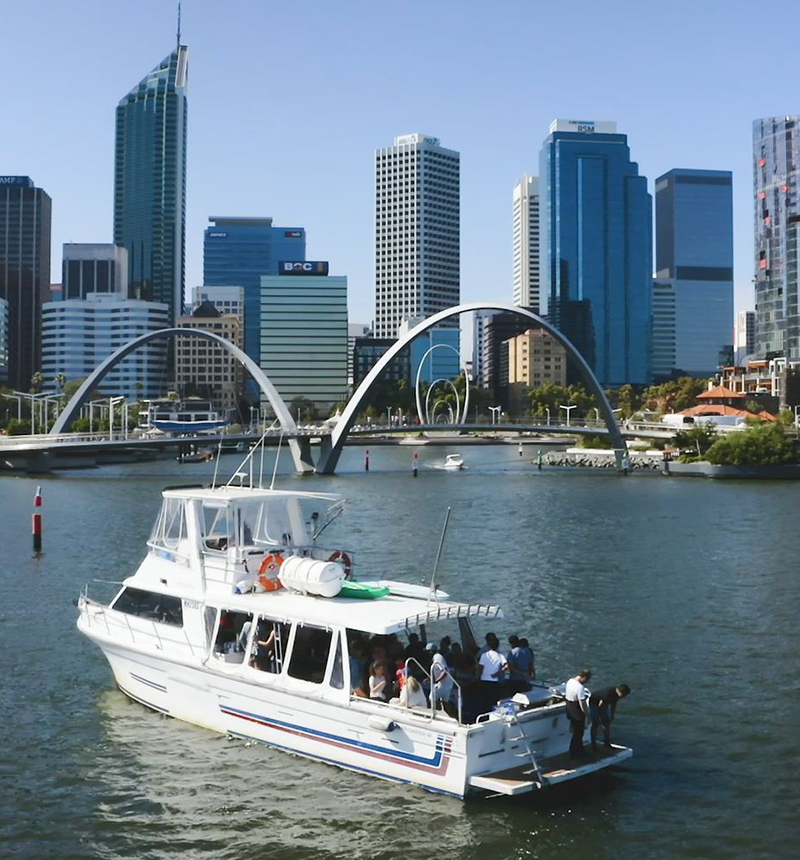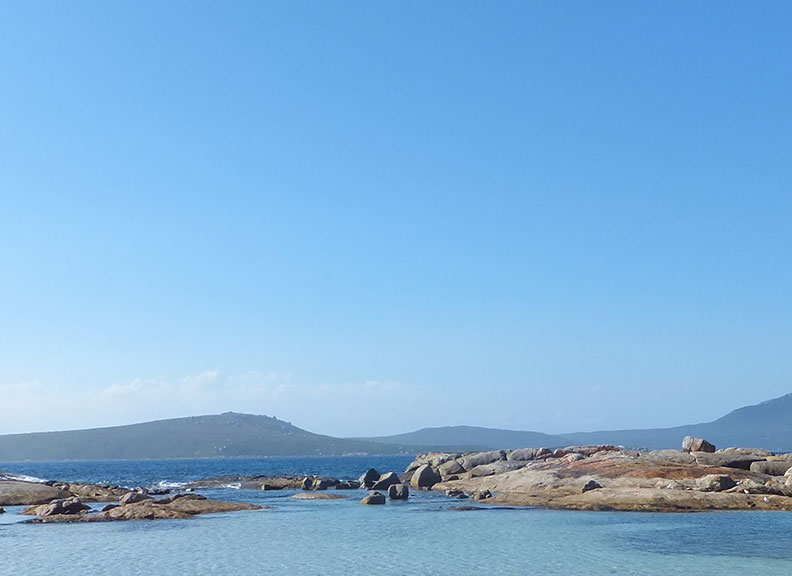Undergraduate + Postgraduate
Bachelor of Environmental Science and Master of Environmental Science
Contact us
Address
Student Central
The University of Western Australia (M355), 35 Stirling Highway, Perth, Western Australia 6009
Telephone
131 UWA (131 892)
International
(+61 8) 6488 1000
Hours
Frequently asked questions
Events you may be interested in
Show more eventsCareers and further study
This course opens up a world of future study pathways and career opportunities.
Career Pathways
Our specialisations have been designed in consultation with the industry to ensure graduates are highly competent and sought-after in their chosen field. These specialisations include environmental management, catchments and water, environmental economics, environmental rehabilitation, or sensing and spatial data science.
Graduates will find career opportunities in a range of areas including:
- Environmental consulting firms
- Commonwealth and state agencies responsible for the environment, water, conservation, agriculture and food, and primary industries.
- Private sector firms working in the resources sector and non-government organisations.
Graduates may work as:
- Environmental Consultant
- Environmental Manager
- Environmental Scientist
- Geographer
Graduates of the environmental rehabilitation specialisation will be well-positioned for career opportunities in industrial, mining, agricultural, and urban environmental management.
Examples of career paths include:
- Contaminated sites management: assessing contamination, developing clean-up strategies
- Environmental consultancy: environmental impact assessment, management plans for urban and industrial sites
- Mine site rehabilitation: remediating soils and water, re-introducing key flora and fauna species, identifying appropriate end land use options and management strategies
- Urban planning: assessing land degradation risk (e.g. acid sulfate soils, erosion), managing anthropogenic impacts on natural systems.
Master of Environmental Science
Fees and scholarships
Domestic Student Fees
For Commonwealth-supported places, student contribution amounts are charged by unit, based on area of study. For a fee estimate, go to the Fee Calculator and select “I want to price my units”. Fees are subject to annual indexation. Refer to the Handbook to identify the units required. More information on how fees are calculated.
Scholarships
Scholarships are available to students from a diverse range of backgrounds, including academic achievement, financial need, educational disadvantage, leadership and community service, artistic or sporting achievements, and being from a rural or remote area.
Cost of living
International Student Fees
Onshore international students are charged an annual course fee, charged per credit point at a rate dependent on the course in which the student is enrolled. Annual course fees are calculated based on an annual study load. Check the handbook to confirm the annual study load for your course.
Find out more about international student tuition fees and visit the fee calculator for the relevant course fees.
Fees are subject to annual indexation.
Scholarships
Scholarships are available to students from a diverse range of backgrounds, including academic achievement, financial need, educational disadvantage, leadership and community service, artistic or sporting achievements, and being from a rural or remote area.
Cost of living
Admission requirements
The University of Western Australia welcomes applications from international and domestic school-leavers. If you’re interested in studying one of these majors, find out the admission details below.
Admission requirements
Minimum entry requirements
- 13.5
- 12
- 2.6
- 86
- 308
- 337
- 338
- 74
- 1270
- 70
- 90
English competency
English is the language of instruction and assessment at UWA and you will need to meet the English language requirements of the University to be eligible for a place.
Minimum overall IELTS score of 6.5, with no band less than 6.0.
Prerequisites
This major requires:
- Mathematics Methods ATAR; OR
- Mathematics Applications ATAR with a mathematics unit taken in the first year; OR
- Students without ATAR mathematics to take two mathematics units in their first year.
- Chemistry ATAR or an additional chemistry unit taken in the first year.
How to apply
Apply through TISC
- Log in to the TISC website
If you’re a Year 12 student studying a WACE course at a WA high school or a pathway program, you are already automatically registered with TISC. - Select your preferences
You can choose up to six preferences when you apply through TISC. You should list your preferences in order from your most desired course onwards; this way you’ll have plenty of options to get into UWA. - Lodging your application
You’re almost there! After answering a few questions, you’ll need to make a declaration about your application. - Application processing fee
Your TISC application is lodged once you’ve completed the payment. For more information on fees and payments, visit the TISC website.
Course details
About the course
Quick details
- Available
- Perth (Crawley campus)
- Full-time
- Part-time
- On-campus
- Semester 1
- Undergraduate + Postgraduate
- CM008
- 102870E
Why study this course?
- UWA is ranked 3rd in Australia and 44th in the world for Environmental Science and Engineering (GRAS 2024) and the UWA Centre for Environmental Economics and Policy is a recognised centre of excellence for the impact of its environmental policy analysis
- You’ll learn to help society resolve conflicts, caused by the increasing demands of growing populations on the environment through an understanding of environmental science and social science
- You’ll become a leader in environmental science and policy analysis with strong career opportunities
You'll learn to
- develop skills and knowledge to assess environmental systems, using field, laboratory, modelling and statistical methodologies
- integrate science, economics and social science to guide decision making with respect to human intervention in the environment
- analyse environmental policies from an economic and social science perspective
Course structure
In your first three years, you will complete your selected extended major in Environmental Science and Management or Environmental Science and Ecology and a semester of postgraduate study. You will then complete your selected specialisation in the Master of Environmental Science. Refer to the example study plan on the Handbooks website for more information.
Work Integrated Learning
Work Integrated Learning (WIL) helps bridge the gap between theory and practice by providing opportunities for students to gain hands-on, practical industry relevant experience and for employers to help shape the graduates of tomorrow.




 Bachelor of Environmental Science
Bachelor of Environmental Science

